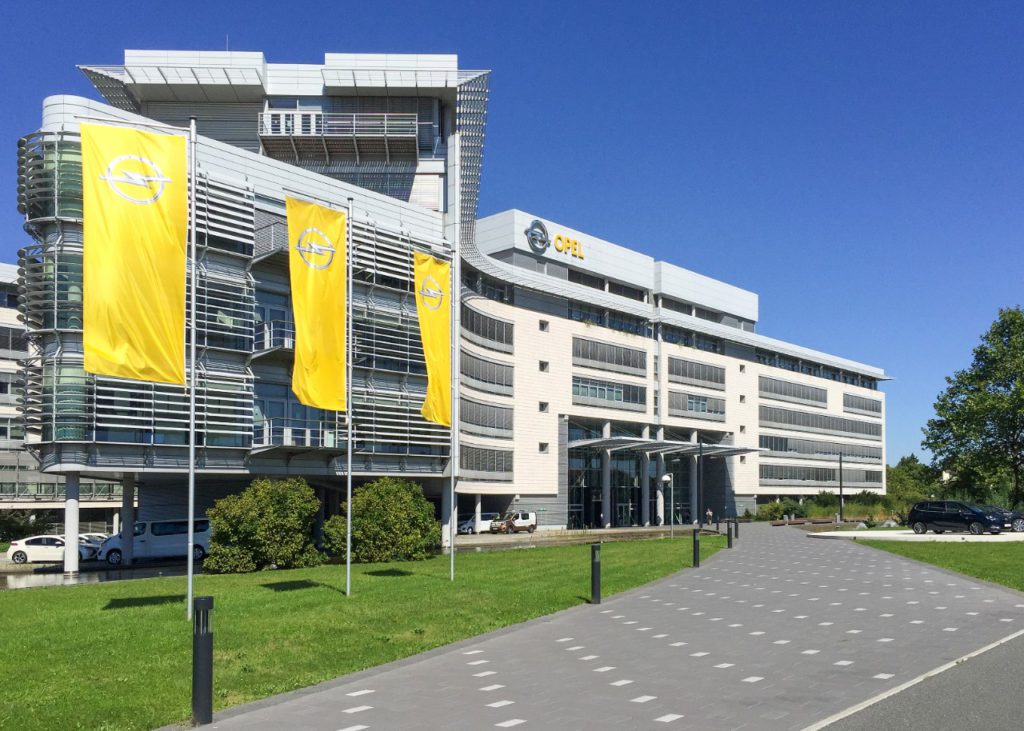Opel cost savings could see further jobs at risk as Tavares takes swipe at previous regime
24 October 2017

24 October 2017
Vehicle manufacturer Opel could see more job losses as part of a restructuring program following its takeover by PSA, following comments made by the French group’s CEO Carlos Tavares.
In October, PSA announced that 400 jobs would go from the Vauxhall plant at Ellesmere Port in the UK, due to the production line not running efficiently. This has been a key word spouted by Tavares recently, following a tour of Opel facilities earlier this year and comparisons to PSA plants. The group is due to reveal its plan for the German carmaker in November, but it is known that costs need to be cut, with Opel posting large quarterly losses.
Tavares wants the new acquisition to be back in profit from 2019, and according to calculations by the Centre of Automotive Research (CAR), this could mean around 6,000 jobs are at risk. According to the centre, PSA employed 90,000 people in 2016 and sold just under 3.15 million vehicles, or 35 per employee. However, Opel employed around 38,000 staff and sold 1.16 million vehicles, just 30.4 per employee.
The centre believes that if Opel had the same productivity as PSA, 1.16 million vehicles would require around 5,000 less staff. However, these sales figures include vehicles pre-registered by the company, meaning the ratio of staff to sales decreases further. With duplicate roles also removed, the company may look to shed 6,000 jobs.
Another area of cost-cutting could see the Opel Ampera electric vehicle (EV) being dropped from the company’s line-up. The car is still produced by previous owner General Motors (GM) on the same production lines as the Chevrolet Bolt in the US. It is licenced to Opel, a further cost that Tavares has stated needs to be addressed. There are also options available for engine sharing, again in a bid to reduce licencing costs from GM.
In an interview with German newspaper Die Welt, Tavares was critical of Opel’s previous regime. ′My impression is that many problems are due to the fact that things are oversized [at the manufacturer], that they consume too much energy, that processes are not efficient enough,’ he is quoted as saying: ′we must always, everywhere and in every function, be more efficient.’
′You have to draw conclusions from the fact that the production costs at Opel are at least 50% higher than our French plants. Moreover, Opel may not comply with the emission limits applicable from 2020 onwards, which is extremely serious and dangerous to the company.’
However, the consistent discussions of overspending and under-efficiency has upset former Opel boss Karl-Thomas Neumann. Responding to the interview on his Twitter account, he wrote: ′On the Carlos Tavares interview in Die Welt, I would say: First do better and show successes.’
Opel’s works council director Wolfgang Schäfer-Klug had also responded to the criticism and pushed the blame on the former parent company, GM: ′The reasons are in particular the over complex GM platforms on which the vehicles are placed and the overlaid GM process specifications for the plants. The employees of Opel are not responsible for this, and the same is true of other Opel problems that have been known for a long time.’
Photograph courtesy of Opel